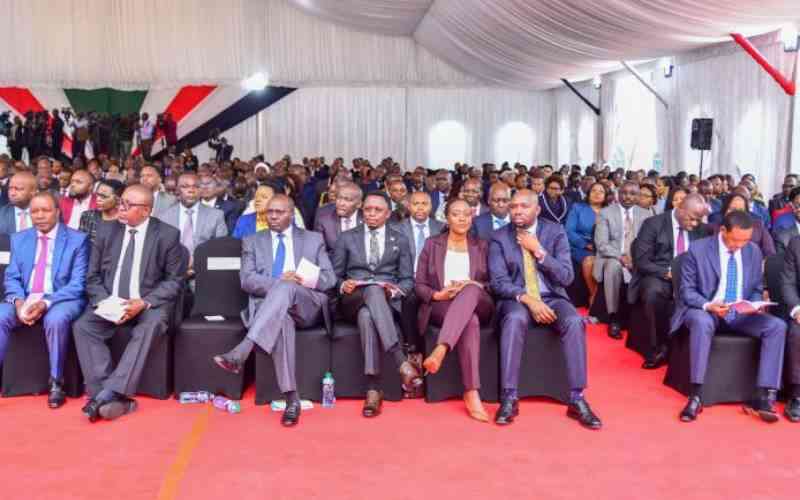
In the realm of leadership, punctuality speaks volumes, while lateness sends silent messages of disregard. The value we place on a moment and a person becomes evident when we either show up early or make others wait. This simple act of timekeeping can determine the course of relationships, be it romantic or professional.
Relatedly, respect for responsibility will often be observed in the patterns of time invested around the task. Taking time to understand a duty is a sign of regard for the task. Showing up early on a call of duty spells eagerness and zeal to represent the role. Looking the part by a well-groomed appearance makes one a good ambassador of their responsibility.